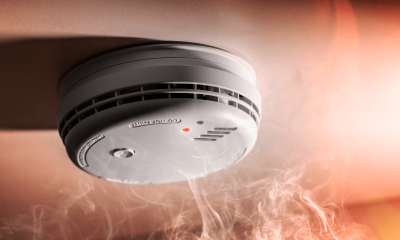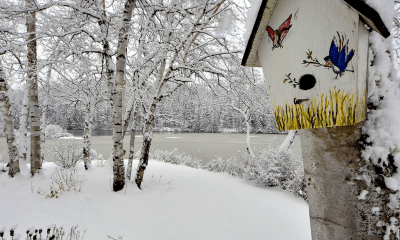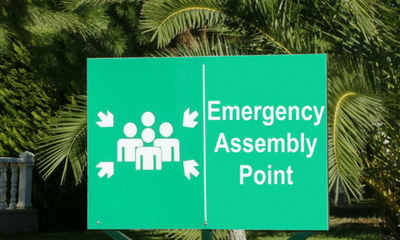Homeowners: What to do after a house fire
A house fire can cause property damage, financial hardship, physical injury and emotional harm. Once the fire is extinguished and the smoke has cleared, many homeowners are left wondering who to contact, and what steps to take to contain the chaos.
1.) Contact your insurance company immediately
As the insured, you are responsible for filing your claim.
2.) Secure the property to protect from further damage
Adjusters International/Basloe, Levin & Cuccaro's Principal, Steven Vanuga states, "The least effective action after a loss is to be overambitious in cleaning up the site. Disposing of the contents before they are accurately documented and proven damaged or destroyed can cost you the claim. You're required to secure the area to prevent further damage, but do not throw anything away as this is your evidence to support the claim."
- The owner of the property or a contracted cleaning/restoration company must secure the site to mitigate further damage
3.) Get organized
Adjusters International's Vice President and Chief Marketing Officer, Greg Raab advises homeowners to "Accurately document the contents lost. Typically, the money collected for the lost contents outweighs the amount received for the structural loss or repairs. It is important to be as detailed as possible when creating a home inventory list as the little items add up quickly. Track down photos, receipts, and note the age and description of the items. If you had not previously created a home inventory, this can be very difficult to do from memory. I have personally witnessed cases where public adjusters have found 400+ more items in a kitchen fire that could have been listed that the homeowner otherwise would have missed."
- Create a home inventory list of all items lost or damaged in the fire
- Fill out a 'proof of loss claim'
- Keep track of, and notate, all communications between you and the insurance company as well as any receipts related to the loss.
4.) Replace valuable documents
Including but not limited to:
- Adoption decrees, birth/death/marriage certificates, driver’s license(s), immigration documents, income tax return records, insurance policies, marriage dissolution (divorce) records, military records, medical records, mortgage papers, passports, property deeds, savings bonds/notes, Social Security cards, wills, etc. (For more information, see FEMA.gov: Replacing your Important Documents)
5.) Receive repair estimates
- Dependent on whether your policy is based on "actual cash value" or "replacement cost"
6.) Consider hiring a public adjuster
- A public adjuster can help you fully recover from the loss and negotiate with the insurance company on your behalf. Public adjusters bring expertise and knowledge to what can be a lengthy and confusing process for many.
Steve Vanuga, Regional VP at Adjusters International/Basloe, Levin & Cuccaro discusses how home and business owners can be sure they have enough insurance coverage in the event of a fire loss:











